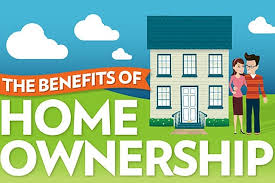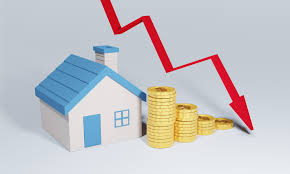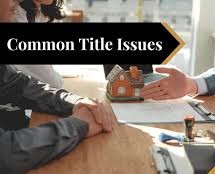Lately, I’ve been getting flooded with emails from agents excitedly announcing a “Price Improvement” on their listings. Let’s be honest— for whom exactly is this an improvement? Certainly not the seller. It’s not a price improvement; it’s a price reduction. Call it what it is.
What’s funny—well, tragic, depending on your perspective—is how this often plays out. A less than scrupulous agent swoops in and secures a listing by promising the world: “I can get you more than the last guy said your house was worth!” The seller, understandably tempted, signs on. Fast forward a few weeks, and—surprise!—that same agent is now blasting the entire Realtor community with a subject line shouting about a “Price Improvement.” Translation: “I overpromised, underdelivered, and now I need the rest of you to help me fix it.”
Let’s be clear: the market has shifted. We’re not in the “10 offers in 48 hours” era anymore. Buyers now have the luxury of actually thinking before writing an offer. They’re touring, comparing, and—brace yourself—negotiating. Sellers who haven’t adjusted to this reality are de-listing their homes in droves (up 47% from this time last year) rather than pricing them correctly the first time. That’s not strategy—that’s denial.
If you genuinely want or need to sell, don’t fall for the oldest pitch in real estate: “I can sell it for way more than that other agent quoted you.” That’s not confidence—that’s bait. Often, it’s a sign you’re dealing with someone more interested in locking up your listing than actually selling your house. And when reality inevitably rears its head, you’ll get the speech: “Well, the market’s changed… we’ll need to reduce the price.” Followed by the inevitable email blast touting your “Price Improvement.” Neat.
At that point, you’re too deep in to fire your agent and start over, so you swallow your frustration, lower the price to what it should’ve been in the first place, and sell—often with zero goodwill left toward your agent.
So how do you avoid that mess?
Work with someone you know, like, and trust—emphasis on trust, which comes from both competence and character. And don’t just take their word for it. Make them prove their pricing with data. Ask for comps, the adjustments they made, and a written breakdown of how they arrived at their number. You can read this to learn how to really answer the question, “How Much is my Home Worth?”
If they can’t defend their valuation with you with actual math, they’re not a pricing expert—they’re guessing.
And here’s an article on How to Choose a Real Estate Agent that’ll help steer you clear of the song-and-dance routine and toward someone who actually knows what they’re doing.












